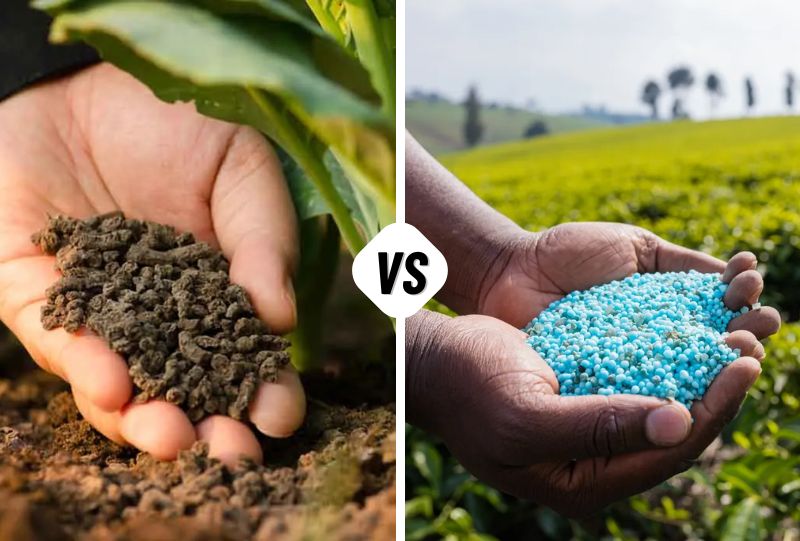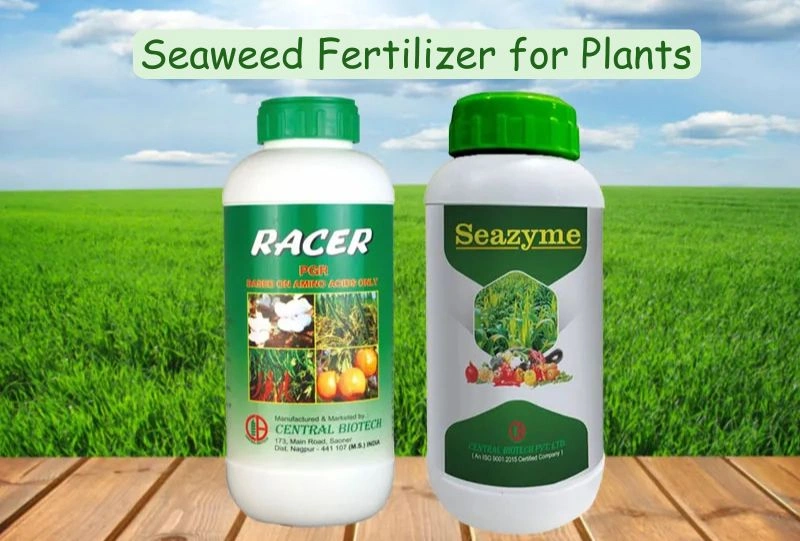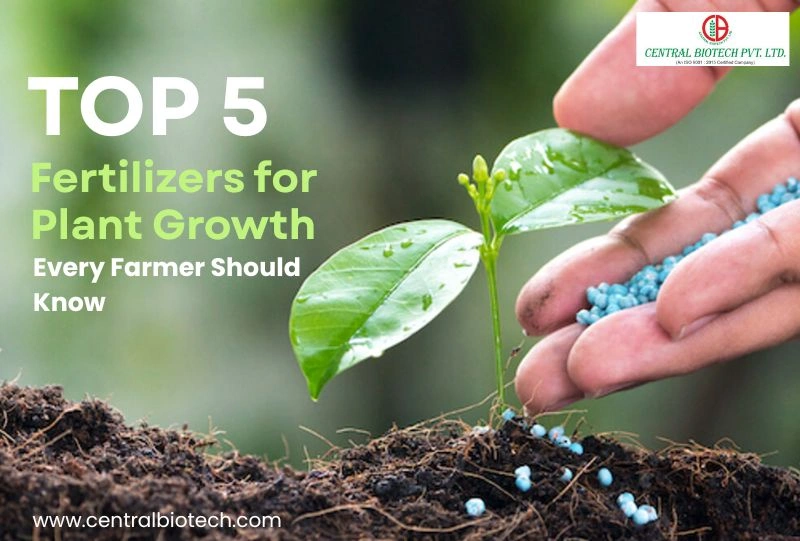Like crops, flowering plants require various nutrients to thrive and stay healthy. Fertilisers are crucial in providing these essential nutrients, supporting growth and blooming. Fertilizers come in two primary types: organic and synthetic.
In this blog, we will explain what these flowering plant fertilizers are, how they help plants, and which one might be better for your flowers.
What Are Organic Fertilizers?

Organic fertilizers come from natural materials like compost and plant remains. These types of fertilizers do not have any chemicals, they are like natural plant food. Here are some key things to know about organic fertilizers:
Slow Release: They take time to break down and feed the soil.
Improves Soil Health: They make the soil rich and full of good microbes.
Environment-Friendly: Organic fertilizers are safe for the earth and don’t harm water or air.
Pros and Cons of Organic Fertilizers

Benefits:
Safe for the Environment: Organic fertilizers do not harm the soil, water, or plants.
Improves Soil Quality: They make the soil healthier over time.
Encourages Microbial Growth: Good microbes in the soil help plants grow better.
Drawbacks:
Slow Results: Organic fertilizers take time to show results.
Varied Nutrient Content: You cannot always know the exact nutrient levels.
Cost: Some organic fertilizers can be expensive.
What Are Synthetic Fertilizers?

Synthetic fertilizers are made in factories using chemicals. They are designed to give plants a quick boost of nutrients. Key features of synthetic fertilizers are:
Fast-Acting: They work quickly to help plants grow.
Specific Nutrients: They are made to provide exact amounts of nutrients like nitrogen, phosphorus, and potassium.
Convenient: They are easy to use and often cheaper.
Pros and Cons of Synthetic Fertilizers
Benefits:
Fast Results: Plants show quick growth after using synthetic fertilizers.
Affordable: These fertilizers are usually less expensive.
Precise Nutrients: You can choose fertilizers based on your plant’s needs.
Drawbacks:
Soil Damage: Overuse can harm the soil and reduce its fertility.
Environmental Harm: Chemicals can pollute water and harm wildlife.
Short-Term Effect: They don’t improve the soil in the long run.
Which Fertilizer Is Better for Flowering Plants?
When choosing between organic and synthetic fertilizers for flowering plants, think about what your garden needs.
When to Choose Organic Fertilizers
- If you want long-term soil health.
- If you prefer eco-friendly options.
- If you don’t mind waiting longer for results.
When to Choose Synthetic Fertilizers
- If your plants need a quick nutrient boost.
- If you want exact nutrient control.
- If you are on a tight budget.
How to Use Fertilizers Safely?
No matter which type of fertilizer you choose, using it correctly is important. Here are some tips:
Read the Instructions: Always follow the directions on the fertilizer package.
Don’t Overuse: Too much fertilizer can harm plants and the environment.
Water After Fertilizing: This helps the fertilizer soak into the soil.
Test Your Soil: Check your soil’s nutrient levels to know what your plants need.
Why Balance Is Key?
The debate about organic vs. synthetic fertilizers has its strengths. Instead of choosing just one, you can use both in balance. For example, use organic fertilizers to improve soil health and add plant growth i.e. synthetic fertilizers when your plants need quick growth.
Final Thoughts
Choosing between organic and synthetic fertilizers depends on your flowering plants and gardening goals. Organic fertilizers are natural, safe, and good for the soil, while synthetic fertilizers work quickly and are cost-effective.
If you want healthy, blooming flowers, give your plants the right care and nutrients. By understanding the differences between these fertilizers, you can make the best choice for your garden.








